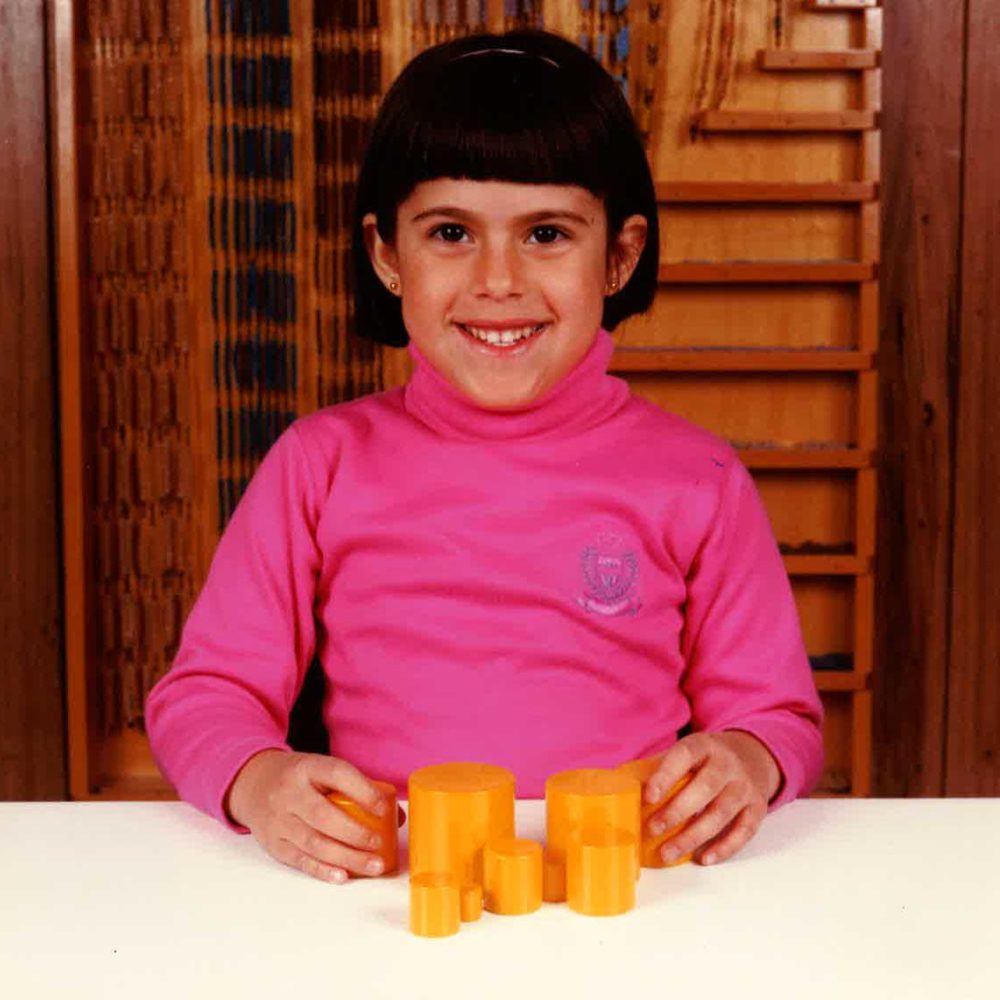
I am a Montessori kid. Starting with the first few months of my life, sitting in my aunt and uncle’s Montessori classroom, until the day I graduated from sixth grade, the Montessori Method has been the only way of learning I had known.
It wasn’t until leaving this school that I learned that most students didn’t view learning as fun.
They would have been happy to miss school for any reason. However, in my case, Montessori allowed me to keep my innate curiosity and drive for learning. It encouraged and supported my innate belief that learning was fun. It fostered the understanding that the object of education was not test scores or grades, rather the knowledge that you gain from the topic, as well as, the secondary learning and knowledge obtained from the process.
In third grade I was diagnosed with dyslexia. This was at a time when society didn’t quite know what to do with dyslexic students. I was fortunate; my mother, aunt, and uncle were all Montessori teachers, and each of them took a Montessori approach to helping me learn ways to cope and work with my dyslexia. I know that if it wasn’t for Montessori and it’s understanding of teaching the whole child I would have disconnected from school and finally from learning in general.
The mix age classrooms at our school allowed me to be working at a second grade level of reading and a fifth grade level in math, all while I was in third grade. This experience gave me an unshaken faith in my own intelligence.
With the support of my family and teachers I understood that even though I struggled with language and reading, this wouldn’t affect the rest of my education. If I worked at it, I could strive an learn as much as I would like, all the while being reminded and supported to continue working on that difficult subject, language. Using the materials in the classroom and being able to work at my own pace also help me acquire the language skills I needed. Ultimately, Montessori and my family gave me the ability to take control of my dyslexia.
In the end it is the student who determines how much education they receive from their school. Montessori taught me that. This method gave me permission to do this, and taught me to view every academic endeavor this way. I have wrung each of my schools dry, taking every experience and possible learning I could. Where ever I went I made sure to bring this aspect of the Montessori Method with me. This was the result of spending my formative years, the first nine years of my education in a Montessori School. I firmly believe that the Montessori Method of learning is the most nurturing and encouraging way for a child to learn and that continuing on through elementary program, it expands the natural tendency towards a joyful approach to learning.